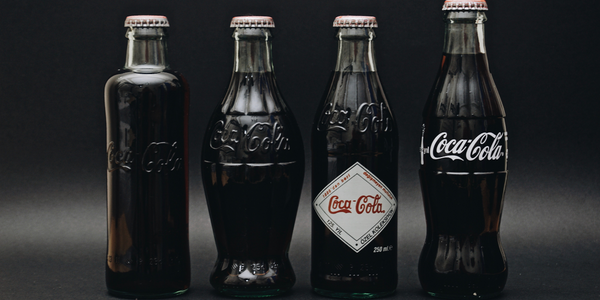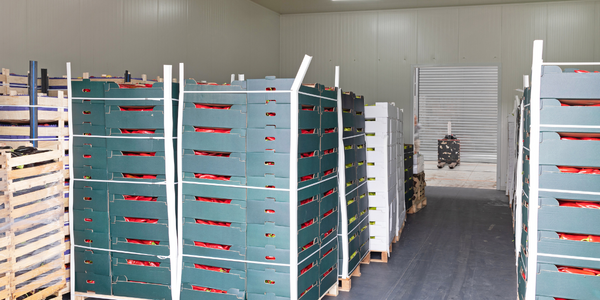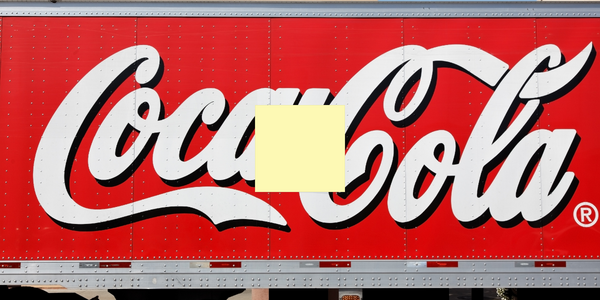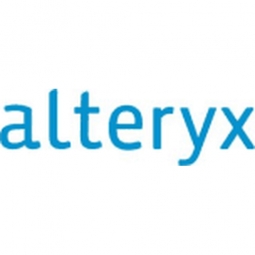下载PDF
Alteryx Helps Chipotle Find, Open, and Maintain Profitable Stores
技术
- 分析与建模 - 实时分析
适用行业
- 食品与饮料
适用功能
- 商业运营
用例
- 供应链可见性(SCV)
- 实时定位系统 (RTLS)
服务
- 数据科学服务
挑战
Chipotle 的房地产经理花费了大量时间与静态数据集交互,以分析潜在餐厅选址的潜在收入和目标市场。该公司需要一种更有效的方法来向经纪人部署及时的销售预测数据及其复杂的选址选择模型。现有系统非常耗时,而且相关的最新数据并不总是所有员工都能随时访问。确保餐厅黄金地段的关键是新地点的定位和开发速度。Chipotle 正在寻找一种系统,可以更有效地在浏览器中部署销售预测工具及其复杂的选址选择模型,而不是要求现场员工在多个笔记本电脑程序中搜索、选择和输入数据。
关于客户
Chipotle Mexican Grill 是一家快餐休闲连锁店,于 1993 年开设了第一家门店。该公司的理念是“诚信食品”,这是该公司改善采购食品的策略,无论是味道更好、来源更好、对环境更好、对动物更好还是对饲养动物和种植农产品的农民更好。该公司以高品质的原料、经典的烹饪方法、独特的室内设计和友好的员工为每位顾客服务而自豪。作为一家快速发展的公司,Chipotle 每年开设的餐厅数量都在稳步增加。
解决方案
新的 Chipotle 解决方案使用 Alteryx Analytics 来整合最新数据,并允许使用单个优化的 Alteryx 应用程序灵活地更新以前断开连接的程序和程序中的数据和分析组件。运营人员不再需要手动将特定于某个位置的其他站点数据和信息输入到一系列断开连接的工具中。现在,Chipotle 房地产经理能够快速应用其复杂的站点分析模型和销售预测系统,在极短的时间内使用一致且最新的数据集来审查拟议的位置,并且他们的宝贵精力将更多地集中在房地产交易上。房地产经理现在使用 Alteryx 输入参数并确定场景,为实地考察做准备。它允许经理在几分钟内进入站点并选择他们想要运行的报告,而不是以前需要一小时。
运营影响
数量效益
相关案例.

Case Study
The Kellogg Company
Kellogg keeps a close eye on its trade spend, analyzing large volumes of data and running complex simulations to predict which promotional activities will be the most effective. Kellogg needed to decrease the trade spend but its traditional relational database on premises could not keep up with the pace of demand.

Case Study
HEINEKEN Uses the Cloud to Reach 10.5 Million Consumers
For 2012 campaign, the Bond promotion, it planned to launch the campaign at the same time everywhere on the planet. That created unprecedented challenges for HEINEKEN—nowhere more so than in its technology operation. The primary digital content for the campaign was a 100-megabyte movie that had to play flawlessly for millions of viewers worldwide. After all, Bond never fails. No one was going to tolerate a technology failure that might bruise his brand.Previously, HEINEKEN had supported digital media at its outsourced datacenter. But that datacenter lacked the computing resources HEINEKEN needed, and building them—especially to support peak traffic that would total millions of simultaneous hits—would have been both time-consuming and expensive. Nor would it have provided the geographic reach that HEINEKEN needed to minimize latency worldwide.

Case Study
Energy Management System at Sugar Industry
The company wanted to use the information from the system to claim under the renewable energy certificate scheme. The benefit to the company under the renewable energy certificates is Rs 75 million a year. To enable the above, an end-to-end solution for load monitoring, consumption monitoring, online data monitoring, automatic meter data acquisition which can be exported to SAP and other applications is required.

Case Study
Coca Cola Swaziland Conco Case Study
Coco Cola Swaziland, South Africa would like to find a solution that would enable the following results: - Reduce energy consumption by 20% in one year. - Formulate a series of strategic initiatives that would enlist the commitment of corporate management and create employee awareness while helping meet departmental targets and investing in tools that assist with energy management. - Formulate a series of tactical initiatives that would optimize energy usage on the shop floor. These would include charging forklifts and running cold rooms only during off-peak periods, running the dust extractors only during working hours and basing lights and air-conditioning on someone’s presence. - Increase visibility into the factory and other processes. - Enable limited, non-intrusive control functions for certain processes.

Case Study
Temperature Monitoring for Restaurant Food Storage
When it came to implementing a solution, Mr. Nesbitt had an idea of what functionality that he wanted. Although not mandated by Health Canada, Mr. Nesbitt wanted to ensure quality control issues met the highest possible standards as part of his commitment to top-of-class food services. This wish list included an easy-to use temperature-monitoring system that could provide a visible display of the temperatures of all of his refrigerators and freezers, including historical information so that he could review the performance of his equipment. It also had to provide alert notification (but email alerts and SMS text message alerts) to alert key staff in the event that a cooling system was exceeding pre-set warning limits.

Case Study
Coca-Cola Refreshments, U.S.
Coca-Cola Refreshments owns and manages Coca-Cola branded refrigerators in retail establishments. Legacy systems were used to locate equipment information by logging onto multiple servers which took up to 8 hours to update information on 30-40 units. The company had no overall visibility into equipment status or maintenance history.





